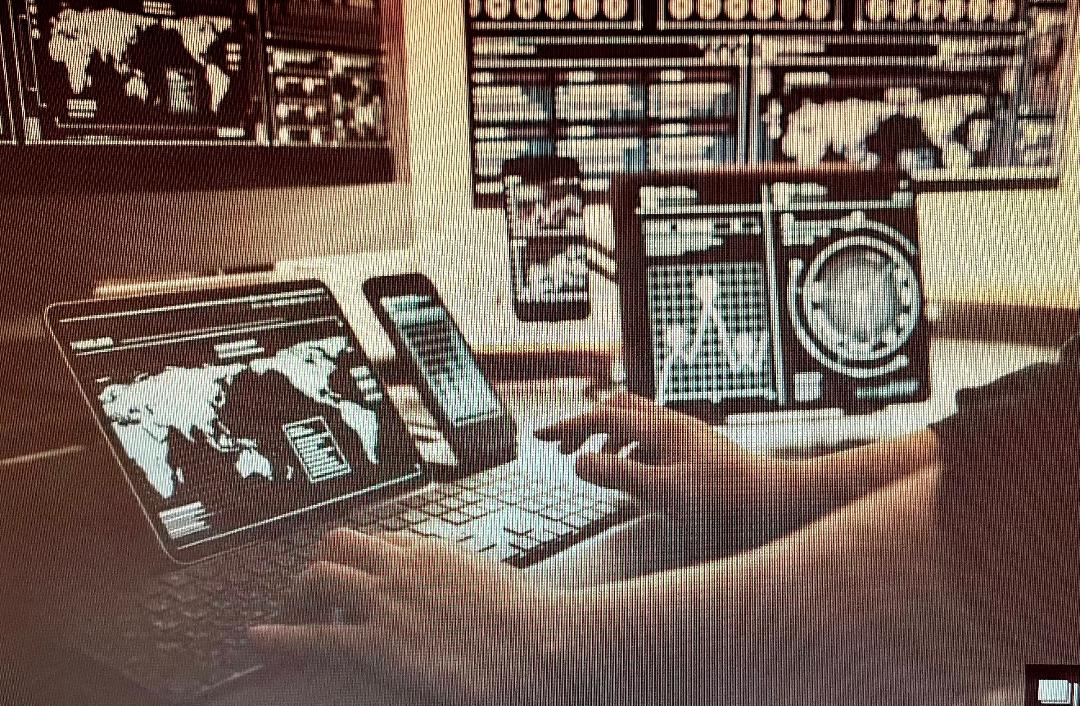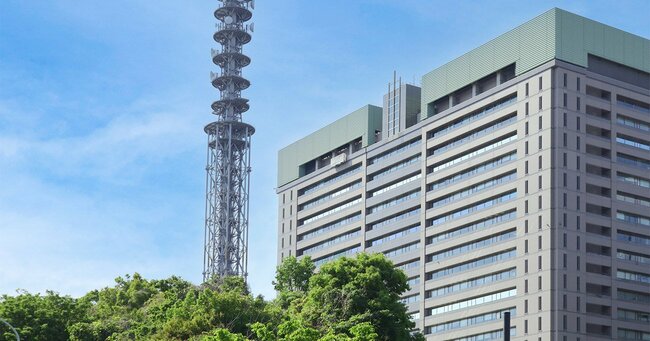Yu Inamura: President, Japan Counter Intelligence Association
Suitable for propaganda operations
Danger of TikTok
The dangers of TikTok, a video-sharing application operated by a Chinese company, have long been pointed out.
According to the U.S. business magazine Forbes, TikTok has been distributing a large number of advertisements by Chinese government propaganda agencies to users in Europe, as revealed in an ad library released on July 20. The ads include those promoting Xinjiang Uyghur Autonomous Region as a tourist destination and those praising China’s Corona policy, according to the report.
The app also seems to be a perfect tool for propaganda, as it intentionally makes videos suitable for propaganda work “recommended” for viewing by a large number of users, and intentionally eliminates or surfaces certain videos.
In addition, there is a risk of TikTok users’ information being intentionally collected by China, and in the past, the New York Times reported that some staff members inappropriately accessed user data of U.S. citizens, including two journalists.
The dangers of TikTok as a propaganda function and spy app are becoming widely known, but TikTok is not the only app to be wary of.
Released in Japan in August
Temu, a budget e-commerce app
Have you ever heard of an app called PinduoDuo?
PinduoDuo, released in 2015 by PDD Holdings, a company founded in Shanghai, is China’s third largest e-commerce app with 750 million monthly users, but it was actually revealed that users’ call records, text messages, and photo albums were illegally accessed.
CNN reported that unauthorized code was discovered in PinduoDuo, which took advantage of a vulnerability in Google’s Android operating system to access cell phone usage and data without the user’s consent.
The malicious code built into the PinduoDuo app is believed to be very difficult to remove once installed, even if the app is deleted.
And from PDD Holdings, the company that released the Pinduo Duo app, the budget e-commerce app “Temu” has been released in Japan and is ranked No. 1 in the Appstore’s free App ranking as of August 2, 2012. Also in second place is “TikTok Lite.
Needless to say, if users’ information is collected by these apps without their consent, it will be used by China for espionage, information warfare, propaganda, and various other operations.
Even if the companies operating the apps described so far have no malicious intent, China has a legal basis for subjecting even well-intentioned companies to the government’s intentions.
China’s National Intelligence Law mandates that both companies and private citizens must cooperate with the Chinese government’s intelligence-gathering activities in order to maintain security and public order, and the Chinese government can request data held by companies and others at any time. In short, if the Chinese government asks for information, companies have no choice but to comply. The law naturally applies to Japanese and other foreign companies as well.
Incidentally, this is assuming that the company operating the app is doing so in “good faith. It is possible that some app operators are loyal to the Chinese government and intend to make their apps go viral around the world, to set up backdoors, and to collect information on a daily basis.
It’s not just apps.
The threat of Chinese-made cars
It is not just apps to be wary of.
Chinese-made electric vehicles (EVs) are making inroads in Japan.
BYD, the Chinese automaker that overtook Tesla to become the world’s top EV seller, has begun full-fledged entry into the Japanese market and is already making inroads into the Japanese transportation system.
Incidentally, BYD’s president in Japan, Mr. Liu Xue Liang, told the Tokyo Shimbun, “In 2010, we acquired the Tatebayashi plant of the mold maker Ogihara, and we were able to learn about Japanese manufacturing from this mold company.
Ogihara was said to have the world’s best mold processing technology at the time, and was a classic example of technology leakage for economic security.
Now, I would like to discuss why Chinese-made automobiles are dangerous, using BYD as an example.
The Chinese government’s actions provide a clue.
China has banned Tesla vehicles from entering military facilities and military personnel’s living quarters.
The reason for this is believed to be that the government is wary of the collection of a great deal of data, including GPS information from the cars to determine key locations within facilities and video information from in-vehicle cameras.
This means that if, in addition to route buses, for example, Chinese-made automobiles are made widely available to courier companies, allowing them to enter and leave SDF bases, the location of facilities on the bases could be easily ascertained.
In addition, in the modern automobile, which is said to be a “moving smartphone,” for example, in connected cars, there is a risk of hacking and backdoors allowing access to search history in the navigation system, as well as past travel routes, and even e-mail, messages, and call history.
By spreading Chinese-made vehicles throughout the infrastructures of various countries, China will be able to collect a great deal of information about the other country through its vehicles.
U.S. Fitness App Revealed.
Secret U.S. military bases
Similar dangers can be pointed out for smartphone apps that acquire GPS information, just as EVs can track location information to determine the relationship between locations within a facility.
Heatmap, a function included in Strava, a service fitness app from the U.S. that uses GPS information from smartphones and other devices to record and analyze activities such as jogging, has brought to light the existence of a secret base that has been a top secret of the U.S. military.
The Heatmap feature, which uses colors to indicate where people using the app are doing most of their activities, is a feature published by Strava that allows soldiers and others on duty at U.S. military bases to see the activities of their smartphones and other wearable devices, such as smartwatches, and to see the location of their activities. When soldiers and others on duty at U.S. military bases leave the tracking function on their smartphones, smartwatches, and other wearable devices on, all of their activities are recorded, exposing the location of the base.
in Japanese Agriculture.
Dangers of Chinese Drones
As for drones, the dangers of collecting facility information through location data and cameras are also pointed out. But that is not the only problem.
In South Korea, Chinese-made drones account for more than 70% of the agricultural drone market share.
This is due to the fact that when South Korean local governments promote support projects for agricultural drones, they conduct bids based on standards that match the products of Chinese companies.
With regard to these agricultural drones, it has been pointed out that important agricultural pest control data related to agricultural productivity, such as drone pesticide spraying methods, may flow to China. This situation threatens food security.
In Japan, it is estimated that as much as 70% of Japan’s agricultural drones are manufactured by DJI, a Chinese company, and the same dangers as those in South Korea are becoming apparent.
We have described the dangers of Chinese-made applications and other Chinese products penetrating Japan, but how many people in Japan are aware of these dangers?
If people are not aware of the dangers, they will only be swallowed up by this threat in the future.
I am not saying that we should be suspicious of or avoid all Chinese products, but we should at least be aware of the dangers that have been pointed out in various countries and be able to make our own judgments. The government also has a responsibility to inform the public about products that have been clearly identified as dangerous.
In any case, raising public awareness and interest in the importance of counterintelligence is the best defense against looming threats.
(Yu Inamura, Representative Director, Japan Counterintelligence Association)










